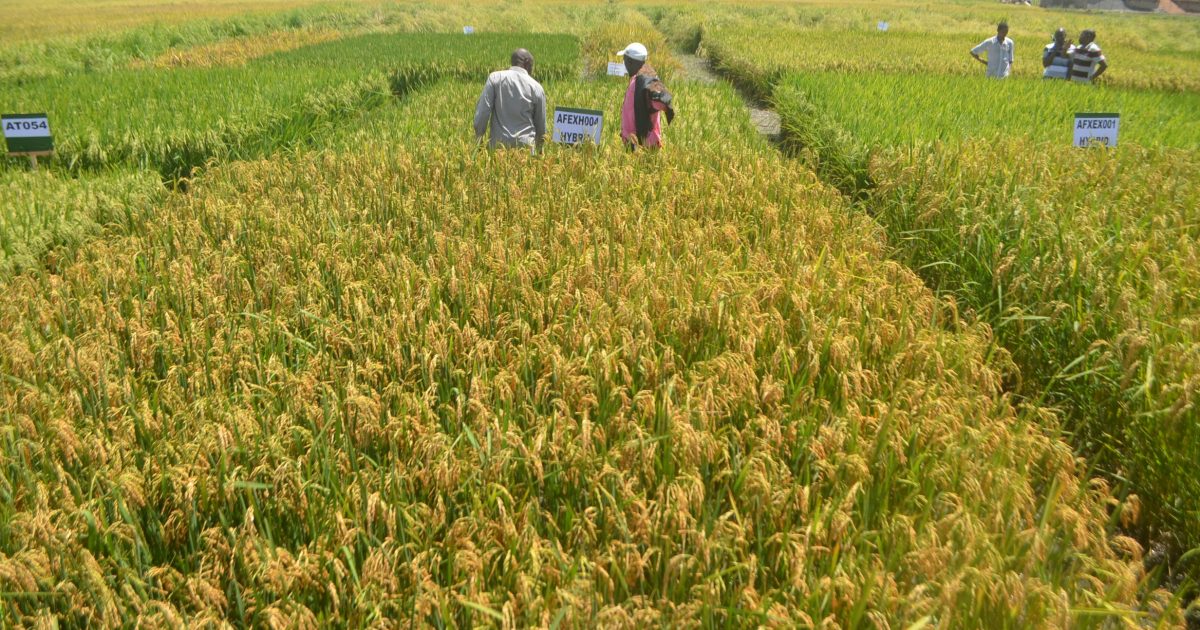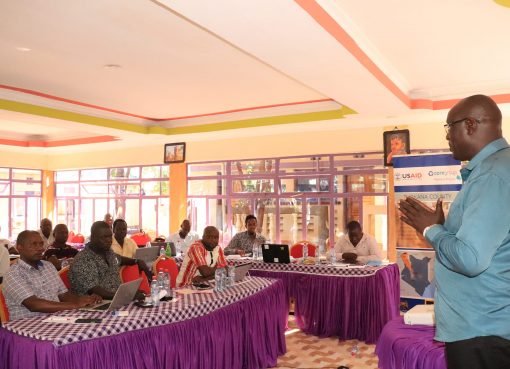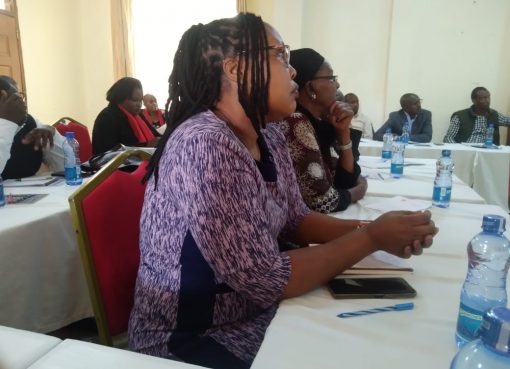A new rice grain variety is set to revolutionize crop production, increasing by almost double per acre.
The hybrid variety which is high yielding, early maturing and disease resistant is capable of yielding up to 54 bags of paddy rice as compared to a maximum of 30 bags of the basmati crop.
The variety is also not susceptible to lodging as compared to other varieties since it matures while its tillers are relatively short from the ground.
According to the head of the rice production programme in the Country Dr. Mary Mutembei, the country is headed to self-sufficiency in rice production once farmers adopt the farming of the new variety.
Within the African continent, the project activities are visible and supported in Kenya and Tanzania with funding from the Bill and Melinda Gates Foundation.
The African Agricultural Technology Foundation (AATF) is coordinating the full implementation of the programme in the wake of the increasing rice consumption in many African countries.
According to the AATF’s Director of Programme and Commercialization Emmanuel Okogbenin, the reliance by Kenya on imported rice grain from Pakistan is headed for a stop once local farmers adopt the new variety.
Speaking during a field day at Mwea East, Kirinyaga County where some farmers have produced the crop on trial basis, the official said the grain quality was the same as that farmed in Pakistan.
He said rice consumers were interested in grain quality and quantity, traits found in the new hybrid variety.
“This being the market force, I do not see why Kenyan farmers who are well-known for the aromatic pishori for many years should not be able to venture into the new variety which is not only high yielding but aromatic as well,” Okogebenin said.
He said due to both quantity and quality of the grain produced from the variety, farmers should adopt it for profitability purposes regardless of the seed cost.
The seed from the variety is not recyclable and once planted and harvested, this brings to an end its life cycle, according to Okogebenin.
“In this regard, I am urging farmers to buy their certified seed for this variety from authorised dealers and should not under any circumstance recycle the seed from a past crop as this will only give back a minimal disease and pest-invested harvest,” he said.
A farmer in the area James Kinyua who was among the pioneer to plant the new crop on trial basis said he was overwhelmed by the production as compared to other varieties.
He said you only needed to flood the field for seven days then you leave it dry for a whole month yet production was the highest.
Many farmers from the area have promised to go for the variety this coming season and have already embarked on early land preparations.
A Regional Breeding Lead – East and Southern Africa Seed Systems and Product Management Lead – Africa International Rice Research Institute Africa Regional Office Dr Ajay Panchibhai was also in attendance to the field day which farmers termed as the beginning of a positive revolution to rice production in the county.
By Irungu Mwangi





